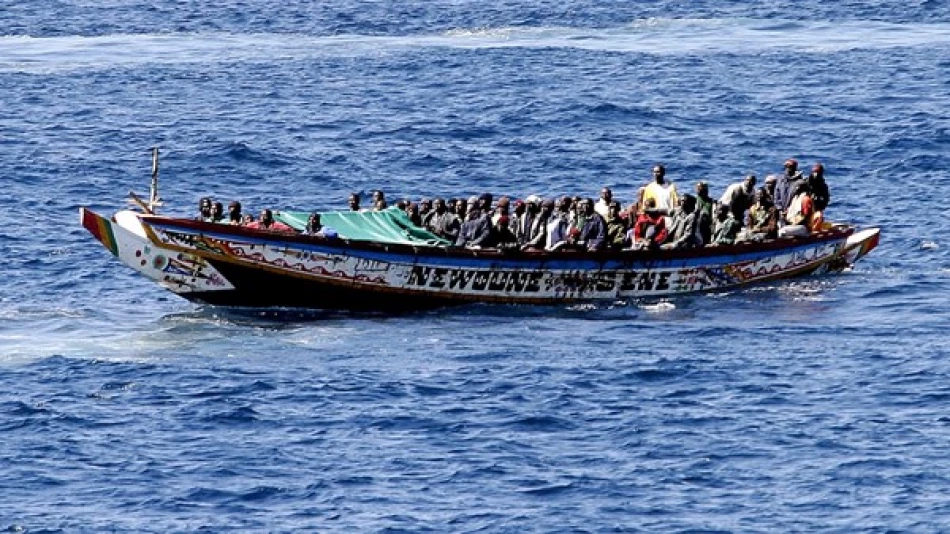
Dozens Killed as Migrant Vessel Capsizes off Mauritania Coast
Mauritania Migrant Boat Tragedy Highlights Deadly Atlantic Route Crisis
At least 69 bodies have been recovered from waters off Mauritania's coast following a migrant boat disaster that claimed the lives of most passengers aboard a vessel carrying 160 people. With only 17 survivors rescued and dozens still missing after more than 48 hours, the tragedy underscores the escalating dangers of the Atlantic migration route to Europe's Canary Islands.
Search Operations Continue as Death Toll Climbs
Mauritanian coast guard officials confirmed the rising casualty count as rescue teams continue searching for survivors in increasingly difficult conditions. The vessel, which departed with 160 migrants, represents one of the deadliest incidents recorded along this particular stretch of West African coastline in recent months.
Initial reports had indicated 49 confirmed deaths with around 100 missing, but the grim reality has proven worse as more bodies are recovered from the Atlantic waters. The 17 survivors represent a survival rate of barely 10 percent, highlighting the catastrophic nature of this maritime disaster.
The Atlantic Route: Europe's Other Migration Crisis
While global attention often focuses on Mediterranean crossings, the Atlantic route from West Africa to Spain's Canary Islands has become increasingly deadly. This pathway typically involves longer ocean journeys in often unseaworthy vessels, making rescue operations more challenging than in the relatively contained Mediterranean Sea.
Rising Numbers, Rising Risks
The Mauritanian coast has emerged as a key departure point for migrants seeking to reach European shores, often after traveling across the Sahara from sub-Saharan Africa. Unlike the shorter but heavily patrolled Mediterranean routes, the Atlantic journey can take days or weeks, exposing passengers to dehydration, starvation, and rough seas with limited chance of rescue.
Spanish authorities have reported increasing arrivals in the Canary Islands, suggesting that migration pressure along this route continues to build despite the obvious dangers. The remote nature of these ocean crossings means that many disasters likely go unrecorded, making this tragedy a visible reminder of an ongoing humanitarian crisis.
Regional Response and International Implications
Mauritania's coast guard capabilities, while improving with international support, remain stretched thin across vast oceanic territories. The country serves as both a transit point and departure location for migrants, creating complex challenges for local authorities trying to balance humanitarian concerns with border security.
This incident will likely intensify calls for enhanced European Union cooperation with West African nations on migration management and maritime safety. However, such cooperation faces the same fundamental challenge seen in Mediterranean partnerships: addressing root causes of migration while managing immediate humanitarian needs.
Beyond Border Control
The persistent flow of migrants willing to risk these dangerous journeys reflects deeper economic and political instabilities across the Sahel region. Climate change, conflict, and limited economic opportunities continue driving people toward these perilous routes, suggesting that purely security-focused responses may prove insufficient without broader development initiatives.
As search operations continue off Mauritania's coast, this tragedy serves as a stark reminder that Europe's migration challenges extend far beyond the Mediterranean, requiring comprehensive strategies that acknowledge both the Atlantic route's growing importance and its deadly toll on human lives.
Most Viewed News

 Layla Al Mansoori
Layla Al Mansoori






